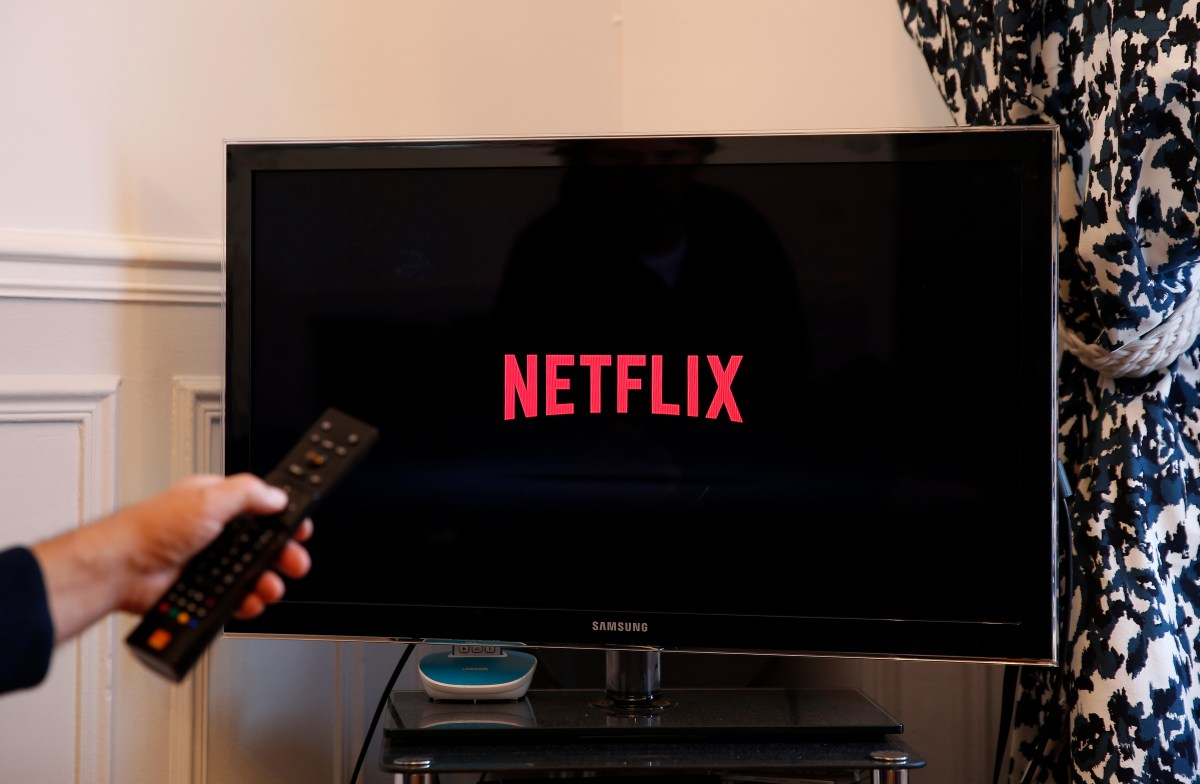Today, Netflix announced that Premium members can now download content on more devices and use spatial audio for more than 700 titles. Both upgraded features are available at no extra cost.
Premium subscribers are able to download Netflix titles to watch offline on six devices at a time. Previously, the plan would only allow downloads on four supported devices at once. For large families looking to travel this year, this upgraded feature will probably be very convenient.
“With people more connected than ever through multiple devices, we’ve learned through research that members would like the option to download Netflix series and films to watch offline on more devices, particularly as they travel and switch between devices,” Rishu Arora, director of Product Management at Netflix, wrote in the official blog post.
Regardless of which plan a user has, they can have up to 100 active downloads per device. This means Premium subscribers can have a total of 600 active downloads across all their devices. Note that not all titles are available for download. Also, some downloaded titles disappear after a certain amount of time.
As announced back in July, Netflix launched spatial audio to all devices for members of all plans, including Basic and Standard. However, users on Netflix’s cheaper plans only have access to a limited number of titles.
Now, Netflix Premium members can get cinematic quality sound on more than 700 of Netflix’s most-watched titles, such as “Stranger Things,” “Wednesday” and “Glass Onion: A Knives Out Mystery.” Netflix will continue adding spatial audio to new titles as they get released, the company added. This includes “You,” “Your Place or Mine,” “Luther: The Fallen Sun” and “Tour de France.”
It’s important to note that no special equipment is required to use spatial audio. To see which movies and series support the capability, users can type “Spatial Audio” into Netflix’s search bar. The company also added a new spatial audio badge to the title cards on movies and shows, making the search easier for users.
Other streaming services that support spatial audio include HBO Max, Disney+, Hulu and more.
As Netflix tries new revenue streams, like its forthcoming password-sharing feature, the company likely launched these two upgrades to convince more users to switch over to its most expensive subscription option. Netflix earned $7.85 billion during Q4 2022, as it continues experiencing slow revenue growth. The company gained $7.93 billion in revenue in the previous quarter.
The Premium plan costs $19.99 per month, which is $4.50 more than the Standard plan and $10 more than Basic. The pricier plan offers 4K HDR video resolution, Dolby Atmos as well as the ability to watch on four supported devices at a time.
Netflix’s “Basic with Ads” plan only costs $6.99/month, yet has reportedly experienced slow adoption since it launched in November. According to Kantar, the ad-supported tier accounts for 12% of its subscriber base.
